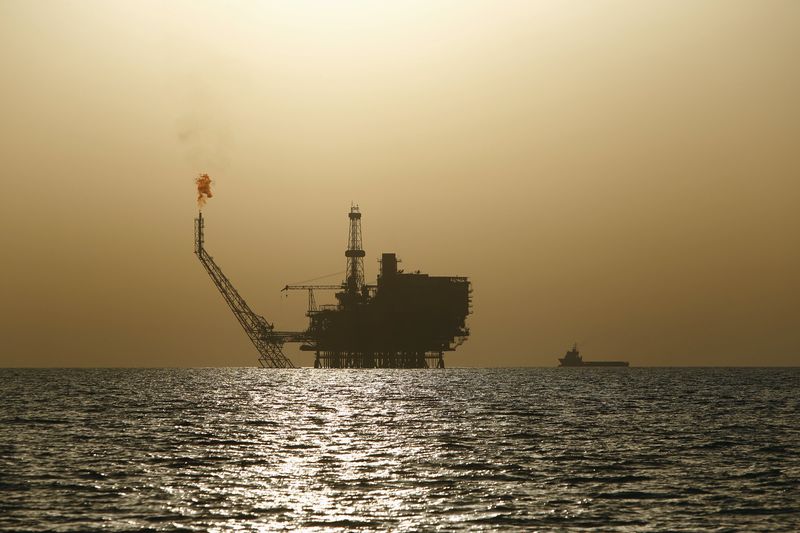By Nia Williams
CALGARY, Alberta, Jan 17 (Reuters) - Canadian regulators on Wednesday ordered Husky Energy HSE.TO to suspend operations on its 27,000-barrel-per-day SeaRose floating production vessel off the coast of eastern Canada after an iceberg came too close to the facility in March 2017.
The Canada-Newfoundland and Labrador Offshore Petroleum Board (C-NLOPB) made its decision after an investigation found Husky did not follow its own Ice Management Plan when an iceberg came within 0.25 nautical mile of the floating production, storage and offloading (FPSO) vessel.
Husky did not disconnect the SeaRose FPSO and sail away from the iceberg as it should have done, and at one point people on board were ordered to "brace for impact," the C-NLOPB said in a statement.
"The C-NLOPB has determined there are serious issues respecting Husky's ice management, management systems and organizational decision-making," the regulator said.
At the time, there were 84 people and 340,000 barrels of crude on board the vessel, which is located in the North Atlantic's White Rose oil field, around 350 kilometers (217 miles) east off the coast of New Brunswick province.
The iceberg did not ultimately make contact with the SeaRose or underwater infrastructure and there were no injuries, environmental damage or damage to Husky facilities.
"We could have and should have responded differently according to the pre-existing plan, and we will learn from this incident. We will work with the C-NLOPB and take the actions necessary to satisfy the regulator," Husky's chief executive officer, Rob Peabody, said in a statement.
Husky spokesman Mel Duvall said the company does not know for how long the SeaRose FPSO will be shut down.
The C-NLOPB said SeaRose operations will remain suspended until it is confident Husky has addressed the findings in the investigation.
The SeaRose FPSO began operations in 2005 and serves the White Rose field as well as the North Amethyst, West White Rose and South White Rose extensions.
